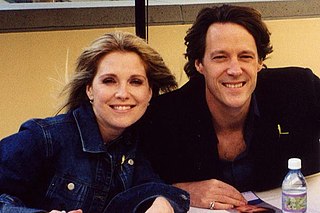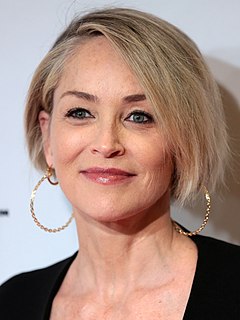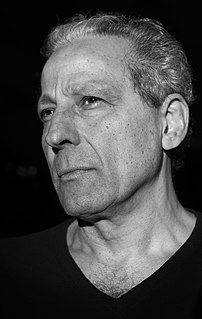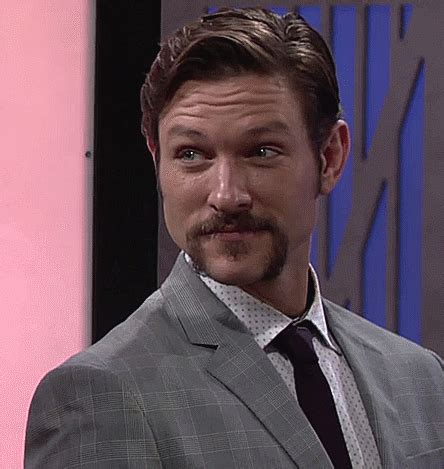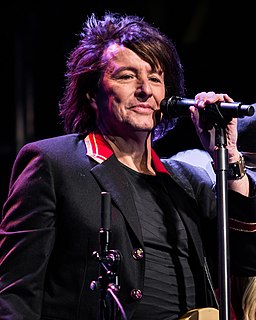A Quote by Jacque Fresco
You have to tell your children about the world they live in, about the discrepancies, about the things that don't work… So you have to bring it up with a scientific orientation so they learn to ask questions, and learn how to say the most difficult thing in the world: 'I don't know'.
Related Quotes
When you learn to read and write, it opens up opportunities for you to learn so many other things. When you learn to read, you can then read to learn. And it's the same thing with coding. If you learn to code, you can code to learn. Now some of the things you can learn are sort of obvious. You learn more about how computers work.
If you want your children to relate to the culture you live in, if you want to train them outside of the general system, you have to tell your children that ordinary children tend to say things like 'I can run faster than you; I can draw better than you; I know things you don't know'. You have to tell them what normal children are like. Normal children are messed up and you have to tell them about that. But if you instruct your child in high correlation with the physical world, they won't be able to relate with normal children. Normal means mixed up as I use the word.
Soaps are really like boot camp for acting. You learn about the industry, you learn about being on stage, and you learn about showing up on time. The sheer volume of work, on a daily basis, blows your mind and forces you to really work that muscle of memorization and just being able to change things on your feet.
To me, the newspaper business was a way to learn about life and how things worked in the real world and how people spoke. You learn all the skills - you learn to listen, you learn to take notes - everything you use later as a novelist was valuable training in the newspaper world. But I always wanted to write novels.
Children learn about the nature of the world from their family. They learn about power and about justice, about peace and about compassion within the family. Whether we oppress or liberate our children in our relationships with them will determine whether they grow up to oppress and be oppressed or to liberate and be liberated.
You go out into the world, you read everything you can read, you imitate the things you love, and you learn how hard it is to do. Eventually, you learn your own vision of the world, you learn your own voice and how to hear it, and you learn to write your own work. Writers today have as many opportunities as my generation did, but they don't see the examples as clearly as we did.
Since philosophy is the art which teaches us how to live, and since children need to learn it as much as we do at other ages, why do we not instruct them in it? .. But in truth I know nothing about the philosophy of education except this: that the greatest and the most important difficulty known to human learning seems to lie in that area which treats how to bring up children and how to educate them.
So, how can we live in joy - and how can we know that we're supposed to live in joy the way people tell us to - when we're believing thoughts that bring on sadness and frustration and anger and alienation and loneliness? When we're believing those thoughts, we think that's the world, rather than what we're believing about the world. We're like lost little children.
The first thing you learn is sacrifice and how to keep moving forward in life, helping your parents to put food on the table. You learn to fight with your work. Then you start to learn values. That's why, every time I pull on the Argentina shirt or any other, I think about the things that happened to me when I was a kid.
I don't think there's a right or wrong things in your style. It's about how you clearly reflect who you are; how you more clearly tell the story. Who are you? How do you want to transmit that to the world, and how do you more clearly say that? Then I have a philosophy, FFPS: fit, fabric, proportion, and silhouette. Proportion's everything, really, knowing your body and understanding that. Those things have been really crucial for me. It's about being clear about the story you want to tell to the world about who you are - and maybe a little bit of FFPS.


